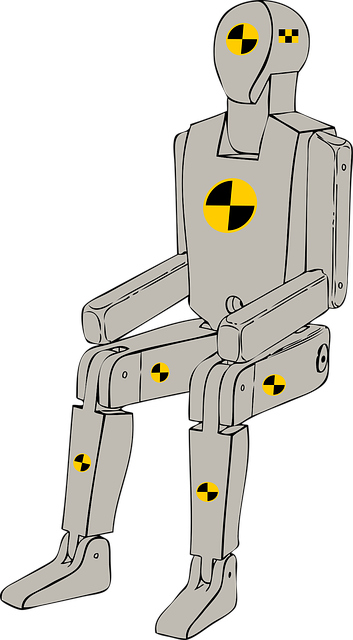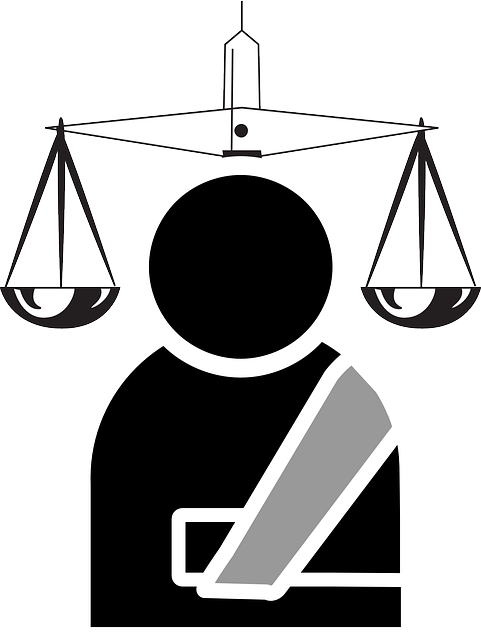PTSD injury claims require understanding diverse symptoms like flashbacks and anxiety, which can impair daily life. Accurate documentation and professional assessment by therapists are vital for these claims. Therapists evaluate PTSD, provide detailed reports, and offer evidence linking trauma to mental health issues, aiding insurance disputes and settlements. Their expertise and court testimony ensure fair compensation and client recovery in legal processes related to PTSD injury claims.
In the realm of PTSD injury claims, therapists play a pivotal role, offering invaluable insights into an individual’s mental health status. This article delves into the intricate process of understanding and evaluating Post-Traumatic Stress Disorder (PTSD) in legal contexts. We explore how therapists assess PTSD, providing clinical evidence to support litigation. By examining the symptoms, impact, and unique challenges faced by individuals with PTSD injury claims, we highlight the essential role therapists play in ensuring fair and accurate evaluations, ultimately advocating for those affected by traumatic events.
- Understanding PTSD and Its Impact on Claims
- The Therapist's Role in Evaluating PTSD
- Supporting Litigation with Clinical Evidence
Understanding PTSD and Its Impact on Claims

Post-Traumatic Stress Disorder (PTSD) is a complex mental health condition that can significantly impact individuals who have experienced traumatic events, such as accidents or violent incidents. When navigating PTSD injury claims, understanding this disorder and its effects is paramount. PTSD can manifest in various ways, including intense flashbacks, nightmares, anxiety, avoidance behaviors, and hypervigilance. These symptoms often disrupt daily life and can make it challenging for individuals to function at their best, affecting their ability to work, maintain relationships, and perform routine tasks.
For victims of traumatic events, such as those involved in truck accidents or seeking elder law support, the impact of PTSD on their lives and claims is profound. Accurate documentation and professional assessment are crucial steps in recognizing and addressing PTSD-related issues. Many individuals struggle to convey the severity of their symptoms, making it essential for therapists to play a vital role in providing detailed reports and supporting claims for accident settlements related to PTSD injury.
The Therapist's Role in Evaluating PTSD

Therapists play a pivotal role in evaluating Post-Traumatic Stress Disorder (PTSD) for individuals seeking compensation through PTSD injury claims. In cases involving accidents or traumatic events, therapists are often called upon to assess the severity and impact of PTSD on a person’s life. They conduct comprehensive evaluations that delve into the patient’s history, symptoms, and overall psychological well-being. This process involves administering standardized assessments and conducting clinical interviews to gain a nuanced understanding of the individual’s experience.
The therapist’s evaluation is crucial in navigating product liability or insurance coverage disputes related to PTSD. Their detailed reports can help establish the validity of a PTSD injury claim, linking the traumatic event to subsequent psychological issues. These professionals provide valuable insights into the long-term effects of trauma, which are often complex and multifaceted. By offering evidence-based diagnoses and treatment recommendations, therapists contribute significantly to ensuring fair accident compensation for individuals struggling with PTSD.
Supporting Litigation with Clinical Evidence

In the context of PTSD injury claims, therapists play a pivotal role in supporting litigation with clinical evidence. They are often called upon to provide detailed reports and testimonials that outline the client’s psychological state before, during, and after an accident, focusing on the onset and severity of post-traumatic stress disorder (PTSD). These professionals meticulously document symptoms, diagnoses, and treatment plans, linking them directly to the traumatic event in question. This clinical evidence is crucial for establishing a clear connection between the accident and the client’s subsequent mental health issues, thereby strengthening the claim.
Therapists’ insights into their clients’ recovery journeys are invaluable in personal injury cases involving PTSD. They can offer expert opinions on the impact of the trauma on daily functioning, social interactions, and overall well-being, helping to quantify the extent of damages. Their role extends beyond diagnosis; they actively participate in the legal process by testifying in court, providing real-time accounts of their observations and the client’s progress towards recovery. This evidence is instrumental in achieving fair accident settlements and ensuring client recovery in commercial disputes related to PTSD injury claims.
Therapists play a pivotal role in navigating the complex landscape of PTSD injury claims by providing expert evaluation and clinical evidence. Their detailed insights into a claimant’s mental state, as evidenced through treatment records and assessments, are invaluable in supporting litigation efforts. By understanding the profound impact of PTSD on individuals’ lives and legal proceedings, therapists empower clients to seek justice and receive appropriate compensation for their traumatic experiences.






